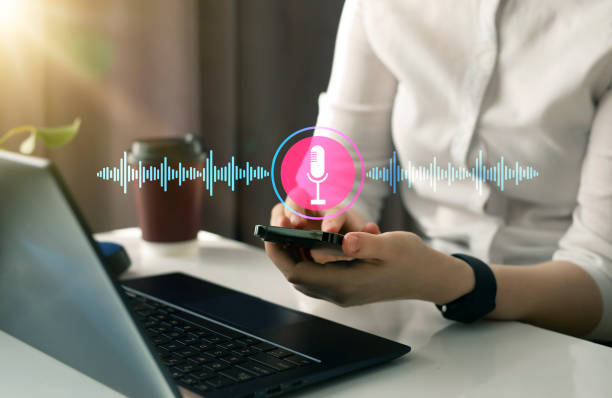The music industry in the United States has always been at the forefront of innovation, and today, one of the most exciting technological advances reshaping this space is artificial intelligence (AI). From composing songs to producing beats and even personalizing listening experiences, AI music is no longer just a futuristic concept—it’s actively transforming how music is created, distributed, and enjoyed.
In this article, we explore how AI is changing the music industry and whether AI-generated music is truly the future for artists, producers, and fans alike.
What Is AI Music?
AI music refers to compositions, productions, and performances that involve artificial intelligence technology. These systems can analyze vast amounts of existing music data, learn patterns, and generate original content or assist human musicians in the creative process.
AI-powered tools range from software that creates melodies and harmonies to virtual instruments and smart mixers that optimize sound quality. Many artists and producers are already using these technologies to streamline their workflows and push creative boundaries.
How AI Is Revolutionizing Music Creation
1. Songwriting and Composition
AI algorithms can compose music in various styles, from pop and jazz to classical. Platforms like OpenAI’s MuseNet and Google’s Magenta project have demonstrated how AI can generate melodies and harmonies that rival human creativity. For songwriters, AI acts as a collaborator, offering fresh ideas or helping overcome writer’s block.
2. Music Production and Mixing
AI tools are making music production more accessible by automating complex tasks like mixing and mastering. Software can now analyze tracks and suggest adjustments for balance, EQ, and effects, saving producers time and ensuring professional sound quality—even for independent artists without big studio budgets.
3. Personalized Listening Experiences
Streaming platforms in the U.S., such as Spotify and Apple Music, use AI to curate personalized playlists based on user preferences and listening habits. This enhances user engagement and helps listeners discover new artists tailored to their tastes.
Benefits of AI Music for the U.S. Music Industry
- Increased Creativity: AI offers new creative possibilities, helping musicians experiment with styles and sounds they might not have considered.
- Cost Efficiency: Independent artists and small studios can produce high-quality music with fewer resources, democratizing music production.
- Faster Production Cycles: AI speeds up songwriting and production, allowing artists to release music more frequently and respond quickly to trends.
- Enhanced Fan Engagement: Personalized playlists and AI-driven marketing improve connection between artists and their audiences.
Challenges and Controversies Surrounding AI Music
While AI music offers exciting opportunities, it also raises questions and concerns:
- Authenticity and Emotion: Critics argue that AI-generated music may lack the emotional depth and authenticity of human-created art.
- Copyright and Ownership: The legal landscape around AI-created content is still unclear, with debates on who owns rights to AI-composed music.
- Impact on Musicians’ Jobs: Some fear AI could replace human musicians and producers, though many experts see it as a tool rather than a replacement.
The Future of AI Music in the United States
The future of AI music looks promising and likely to be a hybrid model where AI and human creativity work hand-in-hand. Major U.S. record labels, music tech startups, and independent artists are investing heavily in AI research and development. As AI tools become more sophisticated, they’ll continue to shape music production, distribution, and consumption in ways we’re only beginning to understand.
How U.S. Musicians Can Embrace AI Music
- Experiment with AI Tools: Artists should explore AI music software to enhance creativity without replacing their unique voice.
- Stay Informed About Legal Changes: Keeping up with copyright laws related to AI music is crucial.
- Focus on Emotional Storytelling: Use AI as a tool to support human emotion and storytelling, which remain central to music’s impact.
Conclusion: Is AI Music the Future?
AI music is undeniably changing the U.S. music industry by enhancing creativity, making production more accessible, and personalizing listening experiences. While challenges remain, the blend of human artistry with artificial intelligence is paving the way for a vibrant, innovative future. Whether you’re a musician, producer, or music fan, understanding and embracing AI music will be key to staying ahead in this evolving landscape.
